Our team is
there for you
Discover how we can help you
It’s completely natural to feel overwhelmed and unsettled when your loved one receives a prostate cancer diagnosis. We’re here to help you navigate this stressful time. At the Larivière & Massicotte pharmacy, we’re here to support you and your loved ones, working with your doctors, nurses, and pharmacists to ensure you receive the best possible pharmacological treatment. We manage your medications so you can focus on fighting the disease.
We’re here to support you.

What is prostate cancer?
Prostate cancer is one of the most common cancers in men. It develops in the prostate, a gland that plays a role in the production of seminal fluid.
How is prostate cancer diagnosed?
Prostate cancer screening is performed by rectal examination or PSA (prostate-specific antigen) blood test. A biopsy is necessary to confirm the cancer diagnosis. Imaging techniques can also be used to assess whether the cancer has spread elsewhere in the body.
What are the symptoms of prostate cancer?
Prostate cancer can be asymptomatic in its early stages, but as it progresses, may cause symptoms such as urinary problems, pain in the lower abdomen or back, and difficulty maintaining or achieving an erection.
How is prostate cancer treated?
Prostate cancer treatment depends on the stage and aggressiveness of the disease. In some cases, active monitoring may be sufficient. Other treatments may include surgery, radiotherapy, chemotherapy, hormone therapy, or immunotherapy.
Our pharmacists are here to answer your questions. Contact us
How can Larivière & Massicotte support you?
Our mission
Our committed team works hand in hand with community pharmacists, healthcare teams, and various healthcare professionals to support patients with cancer, ensuring the best possible care for them.
Common questions
Is physical activity beneficial for prostate cancer patients?
Some studies suggest that regular exercise may be linked to a reduced risk of prostate cancer recurrence or slower disease progression.
Does testosterone promote tumour growth?
Testosterone does stimulate tumour growth. By inhibiting testosterone production, hormone therapy can help reduce cancer growth. Some natural products can have the same effect as testosterone, so it’s best to consult your medical team before taking them.
What are the risk factors?
Risk factors for prostate cancer include age, family medical history, ethnic origin, certain inherited genetic mutations, a high saturated fat diet with little fruit and vegetables, high levels of male sex hormones such as testosterone, or exposure to carcinogens such as asbestos, cadmium, or certain pesticides.
Is obesity a risk factor for prostate cancer?
Obesity could have a negative influence on the aggressiveness of the disease. Studies are currently being conducted to determine whether or not weight gain after diagnosis has any impact on treatment outcomes.
Our pharmacists are here to answer your questions, contact us.
Resources to help you further
Consult our guides and resourcesPROCURE
PROCURE is a charitable organization in the fight against prostate cancer.
Canadian Cancer Society
An organization providing a wide range of relevant information on cancer. It is also involved in research and offers a support network.
CHUM Prostate Cancer Support Group
A group providing moral support to prostate cancer patients and their families.
Mayo Clinic - Prostate cancer
Learn more about prostate cancer from Mayo Clinic.
Impact of Physical Activity on Prostate Cancer
An article from La Presse on the benefits of exercise on prostate cancer. (French Only)



